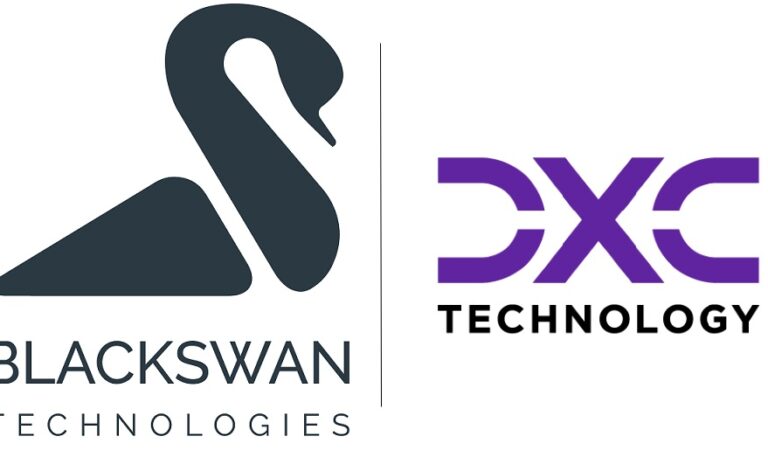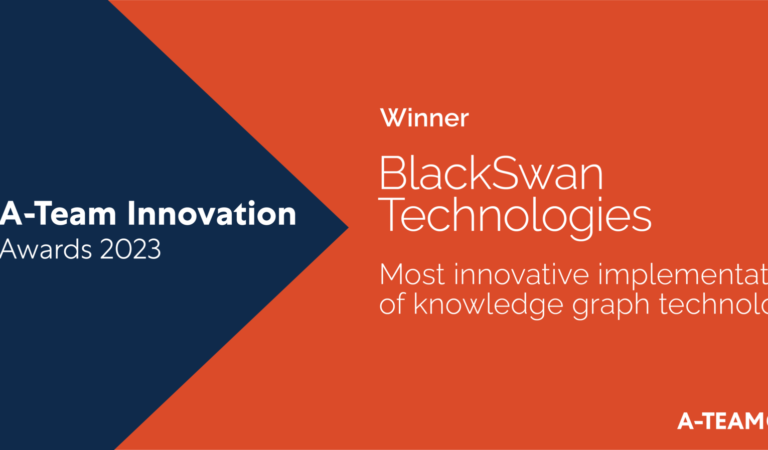
Jun. 18, 2021
CIOs and Boards Must Collaborate to Effectively Adopt AI
By Sooraj Shah @ BlackSwan Technologies
With established AI proof points available, CIOs must now engage the board in upskilling on the topic and then present their business case
Gartner forecasts that nearly a quarter (24%) of organisations will have deployed AI this year – rising from 14% in 2019. In another recent survey, KPMG found that, across every industry, the adoption of AI is increasing year-on-year.
So it’s evident that enterprises are finding value in AI and that with an increase in established proof points, this value will increase as the years go by.
However, while 45% of C-level executives say IT stakeholders express “extreme urgency” that AI should be exploited soon, only 29% see a similar sense of urgency among their C-suite – and even worse still, a mere 10% of respondents see the same urgency among the board of directors.
There are two key stumbling blocks for CIOs: the first is in being able to make a convincing business case for an overarching AI strategy and large scale investment, and the second, which is intrinsically linked to the first, is in encouraging the board to gain a deeper understanding of AI.
If organisations are going to extract substantial value from AI, it is imperative that there is prior knowledge of the impact of AI on all aspects of the business. This would subsequently help the CIO to make a business case for AI. In addition, it would help the board to actively participate in discussions around incredibly important questions around AI. These include:
- To what extent is AI to be applied to enhance staff value-add versus reduce labour?
- What leadership roles – such as Chief AI Officer – and employee skills will be needed and where can the organisation source sufficient talent to meet demand?
- Is the organisation innovating fast enough with respect to AI to maintain its market leadership position in the long run?
- What are the ramifications of selectivity bias or miscalculated risk errantly introduced into models?
- What are the ethical and societal considerations around AI usage for which the organisation needs to establish policies?
What Your Board Needs to Know About AI
Increasing knowledge of AI among board members and C-level colleagues is crucial because often AI is only considered a technical tool rather than part of an overarching strategy.
An MIT Sloan report outlined four statements that need to be clear for the board. While the points may seem obvious – particularly to those within the IT industry – the report found they are inconsistently applied:
- AI is more than an issue for the IT department
The impact of AI affects the entire organisation, and it can be used by multiple departments, individually and in tandem. - AI is not a single ‘thing’
It’s not a single capability. A system or platform will come equipped with AI technologies. Being able to distinguish between various different forms of AI including machine learning, deep learning, cognitive computing, and natural language processing (NLP) is important. If board members comprehend the basics of these technologies, a business case for an enterprise AI adoption strategy, incorporating multiple AI approaches, is easier to convey. - AI systems need accountability and oversight by C-level executives
AI platforms can be hugely powerful, for example in mitigating risks and ensuring that firms are adhering to regulations. In turn, this could save a company millions of dollars in large regulatory fines. However, it’s for this same reason that there needs to be integrated, strategic guidance and management. Boards should be aware of this accountability. - AI is not static
It is designed to adapt quickly – this means that the technology can be used in various ways that could help the business in years to come. This is a good reason for organisations to apply future visioning or scenario planning, as we do not know truly where AI will take us – but the alternative paths have tremendous ramifications. Board members should continue to learn where in the organisation AI and emerging technologies are being used or planning to be used.
Making the Business Case
Despite the board having a deeper understanding and appreciation of AI, there is still a requirement for CIOs to articulate a clear business need to invest in these technologies. Like any business case, this won’t be one-size-fits-all – instead CIOs will have to craft a case for a problem statement that utilises AI methods and techniques as part of the solution.
Gartner analyst Moutusi Sau outlined several key factors that CIOs should consider when forming a convincing business case for AI.
- AI business cases should strive for measurable value…
Does AI increase sales by better matching customer preferences with personalized purchase offers? Does it lower the costs of regulatory compliance by reducing the number of false alerts generated?
Sau suggests that CIOs should be proactive in gathering data and considering a mix of metrics that address yet extend beyond the usual accounting metrics. - …but it’s not always about immediate ROI
“Analysing expected costs and benefits of a project is a critical component for any business case. However, in the case of an AI project, there might not be a straightforward answer,” Sau explains.
He goes on to explain that AI projects may appear costly without immediate ROI, but that the board should also consider R&D’s ability to create fundamental capabilities and yield exponential benefits in the future. Of course, there are certain AI approaches that can be linked directly to business outcomes, and this is an attractive path where feasible. - Successful implementation demands expertise…
While organisations will undoubtedly need some expertise in-house, the advances in AI coupled with the rise of Low Code and No Code AI platforms means that enterprises are more easily able to exploit AI without deep expertise. This trend reduces to a degree the need to budget for specialized and expensive talent acquisition and lengthy staff training. - …and pervasive availability of high-quality data.
“CIOs must ensure business problems have enough supporting data for predictions, which contain patterns that executives expect to see in the future,” says Sau. Strategic plans for AI should explicitly provide for investment in data management.
It’s key to find a platform that has the ability to understand a variety of different data formats and to create an overall market and business view by combining data sources. The platform should also be able to check for consistency and data quality, as well as prompt users to update data or automatically update it.
Conclusion
The board should realise that AI is not ‘just another technology’ and instead a means to transform the organisation. The importance of AI extends beyond a one-off use case, and this needs to be clearly articulated to the board in advance of any further business cases being brought to their attention. The wider impact and benefits of AI, and the numerous different aspects of AI should also be outlined to the board.
AI platforms that can prove to have a measurable impact will help CIOs to build a business case – but it is important to explain the long-term innovation value of implementing AI and caveat that the ROI may not be immediate.
BlackSwan Technologies’ flagship product ELEMENT™ has a proven measurable impact – with one of the world’s banks projecting $50m in annual economic benefit with full implementation. ELEMENT is an AI Operating System for the enterprise, which combines robust leading-edge capabilities in artificial intelligence, cognitive computing and big data.
ELEMENT uses a Low Code / No Code framework, which means staff can rapidly build AI applications. The platform provides an immediate ROI through the incorporation of a full suite of enterprise software capabilities.
Sooraj Shah is a Content Director at BlackSwan Technologies. He has a decade of experience in writing business technology content for global publishers and technology vendors, specializing in Digital Transformation and CIO priorities.



